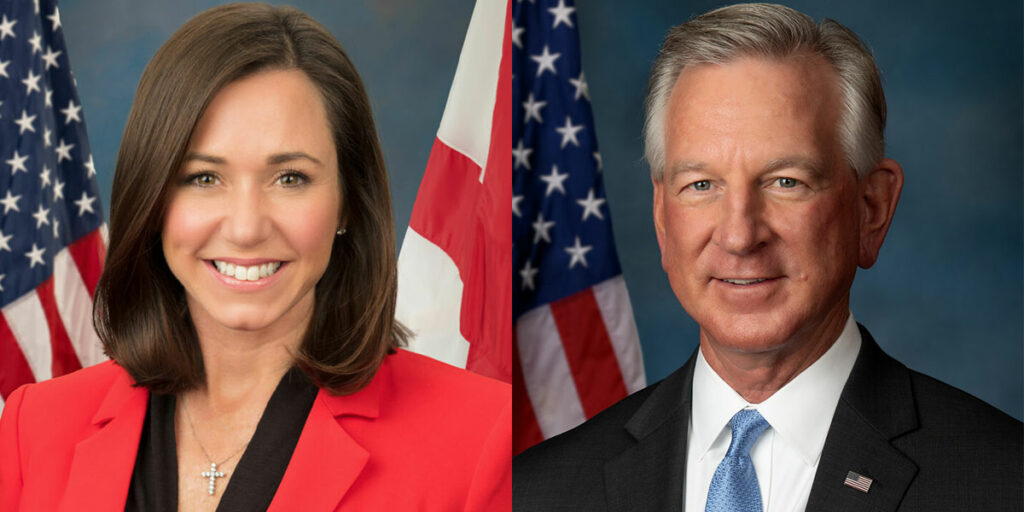House Speaker Kevin McCarthy reached a debt ceiling compromise with President Biden and Senate Majority Leader Chuck Schumer. Unsurprisingly, fiscally conservative Republicans are criticizing the Speaker. Economics helps understand the challenges in attaining the best bargain possible under given circumstances.
House Republicans’ Fiscal Responsibility Act of 2023 revealed their debt ceiling wish list. Items included rolling back discretionary spending and capping its growth, reclaiming unspent COVID funds, ending the student loan repayment pause and cancelation, rescinding the hiring of new IRS agents, repealing the Inflation Reduction Act’s alternative energy subsidies, and strengthening work requirements for Medicaid and food stamps.
Bargaining models offer several insights. The more patient bargainer, the one able to stay at the table longer, gets better terms. The party making the last offer has an advantage. A better payoff if no agreement is reached helps a party negotiate better terms. And failed negotiations result from imperfect information, when one or both parties mistakenly think the other will accept bad terms.
A government shutdown or default on U.S. Treasury Securities was the outcome from no agreement. The payoff for each side in this event would be voters’ allocation of blame. The negotiating process itself could affect this; voters might blame and punish in 2024 a party refusing to bargain.
Neither side wants the other to think they will accept bad terms. This illuminates the Biden Administration suggesting challenging the constitutionality of the debt ceiling law before the negotiations. Successfully executing a ruse is difficult, as small tells reveal to a shrewd negotiator a willingness to accept less favorable terms.
Speaker McCarthy and Sen. Schumer both represented others who had to approve a deal. Representation creates a way to appear inflexible. Many union leaders have told management that their members would never accept given terms. People not in the room cannot give off any tells.
Studying economic models only helps so much. A good negotiator must be able to put insights to work in real bargaining.
Political bargaining is difficult for a second reason, namely discerning which goals to compromise on. A deal including every item in the Fiscal Responsibility Act is clearly good. Deciding which goal to not compromise or whether a half measure advances a goal is much more complicated.
Bargainers inevitably face Monday morning quarterbacking. Every Republican can claim he or she would have gotten a better deal. We cannot replay this negotiation with another Republican in charge, making such claims untestable.
Compromise is often unsatisfying. People who care strongly about a vision of the good society and the government policies needed to implement this vision will dislike compromising their values. We admire frequently uncompromising politicians.
The changing media environment over the past 40 years – talk radio, cable news, the internet, YouTube, and livestreaming – have given voice to purists on the left and right. Republicans think that uncompromising leaders – instead of Bob Dole, Paul Ryan, Mitch McConnell, or now Speaker McCarthy – would put liberals in their place!
This criticism confuses consistency in personal life and politics. We can always live by our personal values. We can always conduct our business and professional affairs by our (hopefully high) standards or treat others with decency and respect.
Politics is the making of government decisions affecting everyone. Liberals and conservatives cannot both implement the policies needed to attain their visions.
America is a liberal democracy based on the moral equality of citizens. This implies that only the consent of the governed legitimates government and that all citizens should
consent. Only compromise between the values of the left and right can secure consent of all the governed. Advocates of no compromise politics seemingly do not view those they would impose upon as their moral equals.
Did Speaker McCarthy get a good deal? Only political insiders can possibly judge this. The willingness to negotiate a deal acceptable to both sides is good news if we want America to remain a liberal democracy.
Daniel Sutter is the Charles G. Koch Professor of Economics with the Manuel H.
Johnson Center for Political Economy at Troy University and host of Econversations on TrojanVision. The opinions expressed in this column are the author’s and do not necessarily reflect the views of Troy University.










